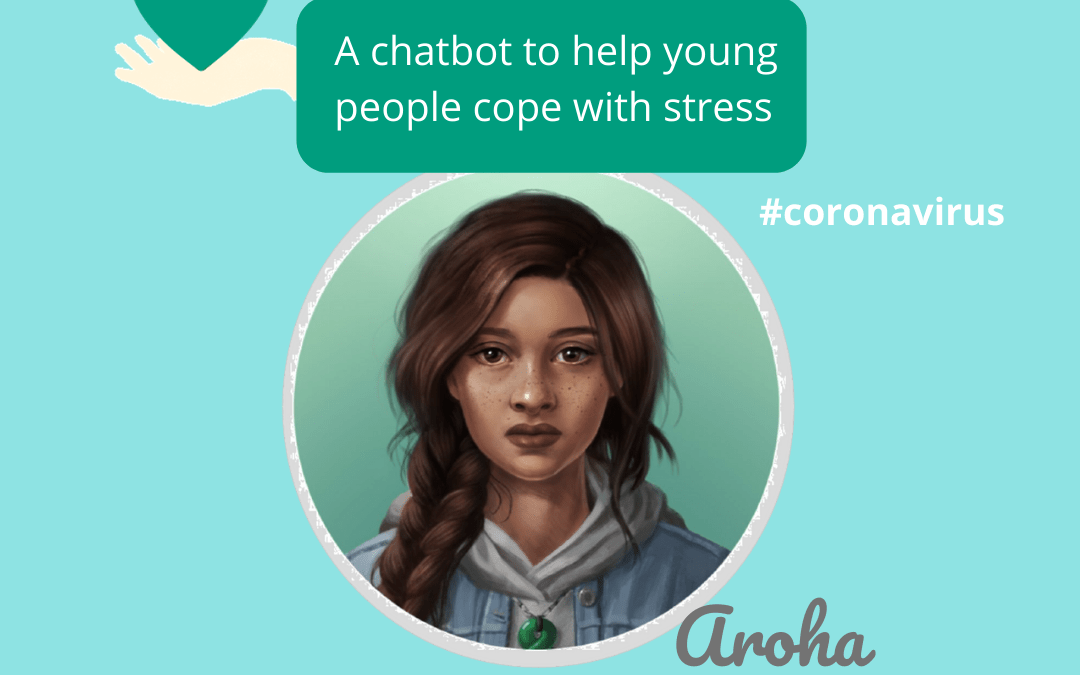Researchers from the University of Auckland and A Better Start – E Tipu e Rea National Science Challenge have developed Aroha, a Chatbot, to help young people manage stress and isolation during the current COVID-19 lockdown. Aroha can be accessed via http://tiny.cc/aroha
“We are seeing clever Kiwi ingenuity with Aroha created by the resilient teens team together with Rush to support our young people in difficult pandemic times,” says Professor Wayne Cutfield, Director of A Better Start National Science Challenge.
“Digital tools to support mental health and wellbeing are critical when face-to-face contact is restricted to those in your bubble,” says Sarah Hetrick, Associate Professor in Youth Mental Health and Cure Kids Research Fellow at the University of Auckland.
“Ensuring that rangatahi can access specific and culturally applicable activities is also important” says lead Māori researcher Tania Cargo, given we know that a strong cultural identity supports wellbeing.
Aroha not only provides practical evidence-based tools for managing stress but it also provides practical ideas to maintain social connection, and to stay active and well through youth-friendly digital activities.
The team will continue to develop Aroha (http://tiny.cc/aroha), based on feedback from users and ongoing developments with regard to the COVID-19 situation. This is part of their programme of work to develop an ecosystem of digital tools that is unique to New Zealand young people, called HABITs (Health Advances Through Behavioural Interventions), as funded by A Better Start E Tipu e Rea, National Science Challenge.
Notes:
The Health Advances through Behavioural Interventions (HABITs) platform infrastructure is co-funded by A Better Start National Science Challenge and Cure Kids. The base technology used to develop the Aroha chatbot was developed in collaboration with Rush (www.rush.co.nz). Associate Professor Sarah Hetrick is funded by an Auckland Medical Research Foundation Douglas Goodfellow Repatriation Fellowship and is a Cure Kids Fellow. Dr Karolina Stasiak is also a Cure Kids Fellow.

